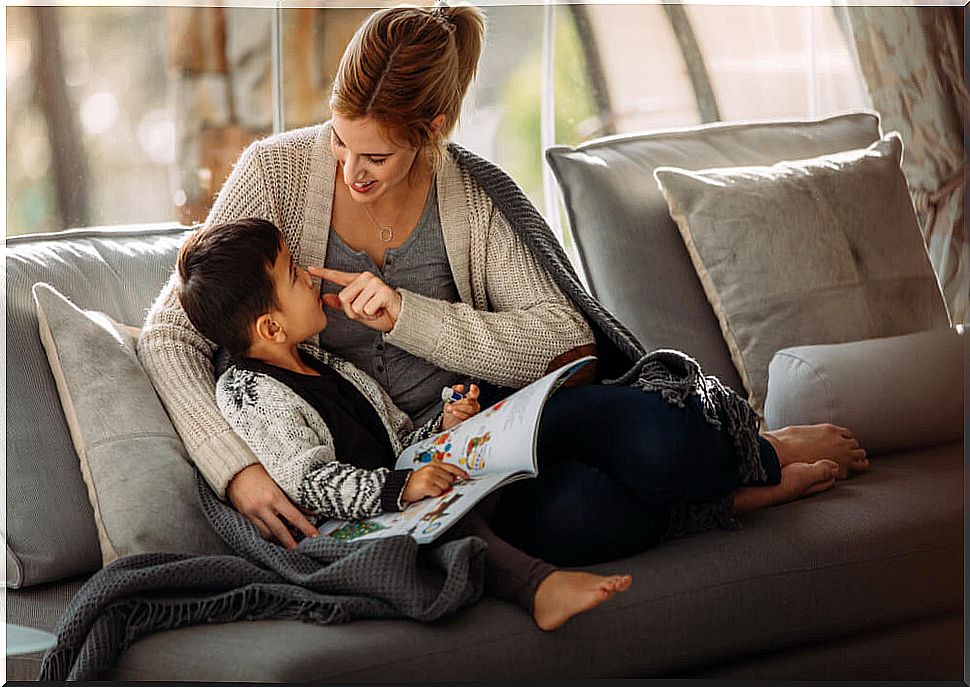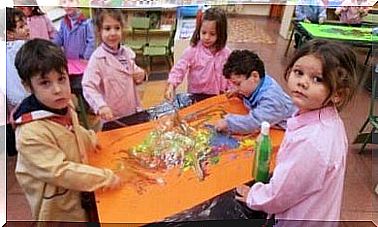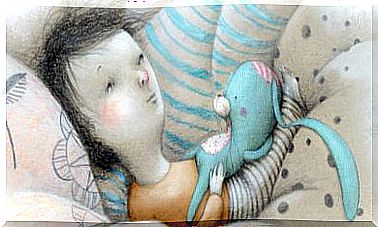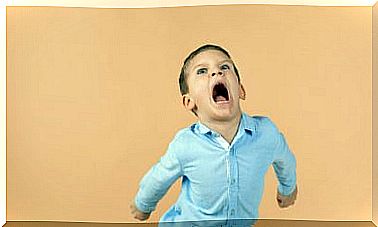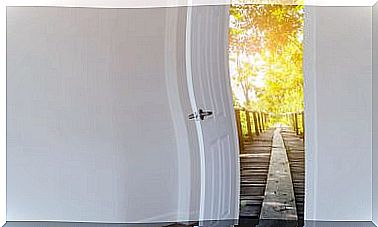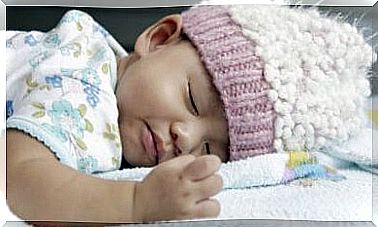Books That Promote Your Little One’s Self-esteem
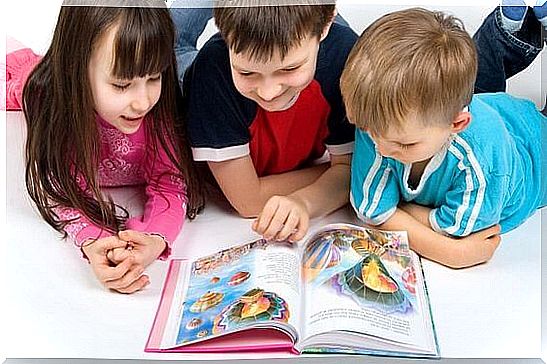
As is known, it is extremely important to promote your child’s self-esteem as it is a pillar of childhood. What you probably don’t know is that there are stories and books that boost your little one’s self-esteem.
In this article, we propose a series of books that can serve as a useful tool capable of creating a shell of emotional protection to protect your child from everyday challenges.
Books that promote your children’s self-esteem
Parenting books
Initially, it is worth clarifying that it is a good idea to go to books that promote children’s self-esteem written specifically for parents. Since they are the main responsible for promoting the self-esteem and motivation of any child.
Although there are currently endless bibliographic material related to this topic, those that have the best reviews and most recommendations to their credit are:
“Your son’s self-esteem”, by Michelle Borba.
Here the writer demonstrates how to transmit to children eight indispensable and necessary qualities to live happily and safely: self-confidence, self-awareness, communication, resolution capacity, sociability, perseverance and empathy would be the keys to success.
“You are cool just the way you are! 100 Tips for Your Child to Build Self-Esteem ”by Elizabeth Hartley-Brewer.
It is a work that highlights the importance of parents and educators providing advice and help to minors to face the world with high self-esteem. The idea is then to strengthen discipline, help meet goals and overcome obstacles in order to avoid school failure, addictions and lack of motivation.
“My son wants to be an astronaut”, by Naomí Richards.
The author points out in this case the paternal importance in encouraging children to achieve their own goals without wasting their talents. From their perspective, it is about supporting children and helping them believe that they are capable of achieving what they set out to do.
“Happy children”, by Alicia Banderas.
To the detriment of the classic child psychology based on the treatment of psychological disorders focused on negative aspects, deficits and pathologies, a positive psychology is currently practiced that considers it more effective to enhance children’s qualities, virtues and strengths. Therefore, the creator of this work explains how to help children strengthen themselves to fight for their happiness.
“A confident boy. How to strengthen your child’s self-esteem ”, by Paola Santagostino.
In this case, this book that fosters self-esteem insists on ways to reinforce the child’s confidence in his own abilities so that he gains confidence so that he becomes a calm and balanced adult, without personality disorders.
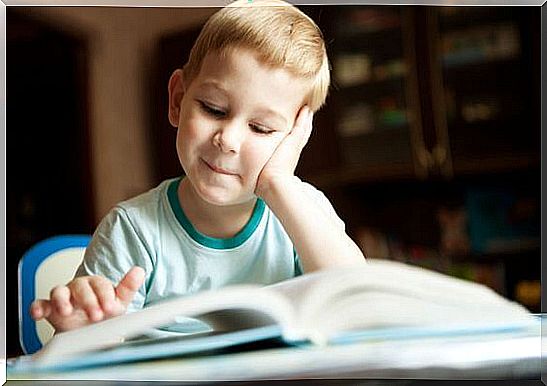
Books to promote children’s self-esteem
In the case of books that promote children’s self-esteem, a new genre has emerged that came to battle traditional children’s fables. These are children’s self-help books, of which the impact on their audience is still unknown.
Well, titles abound in which child problems are addressed, providing solutions to childhood conflicts. They are presented as cautionary tales, stories with covert advice for parents and children.
Although the themes are varied, each book addresses current situations that children go through : the divorce of their parents, the death of a loved one and the fear of changes are some of them.
There are also books that focus preferably on the importance of the child having high self-esteem. Among this bibliography it is possible to highlight the following titles:
“Who Moved My Cheese?” By Spencer Johnson.
It is the moving story of mice that are surprised by the disappearance of a giant cheese and involves a true metaphor about happiness, locked within the complex world of personal fulfillment.
“Stories to grow”, by Eduard Estivill and Monste Doménech.
The authors try that children learn the most important values for their formation and personal development. It consists of a set of stories that develop diverse themes, such as affection, self-improvement, effort and self-esteem, among others. The particularity of this book is that each story is complemented by a pedagogical text that contains tips and practical exercises.
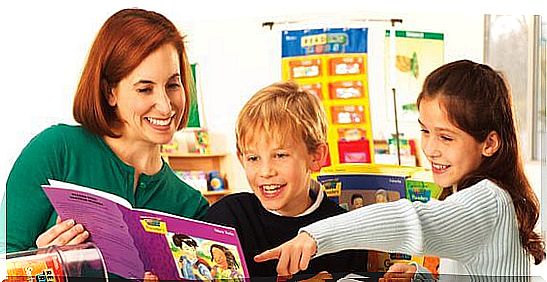
“Milton’s Secret” by Eckhart Tolle.
It tells the story of Milton, a boy molested by a bully at school and who is only taken seriously by his grandfather. One night he has a revealing dream in which a character explains that he must live in the “now” while parents are “enlightened” by understanding the importance of helping their children deal with difficult times.
“I” by Philip Waechter.
Among the stories that promote self-esteem is the story of a positive and wise bear whose objective is to increase self-esteem and strengthen the personality of children through this fun, happy and philosophical work in which its protagonist infects their security and your optimism. Thus, the idea of enjoying life and who we are is imposed as the ideal gift for any child.
“Butterfly ears”, by Luisa Aguilar.
It is a beautiful story in which a girl with her physical peculiarities is helped by her mother to, with imagination and spontaneity, build. In this way, the work becomes an ode to the value of diversity and self-esteem.
“Malena Ballena”, by Davide Cali.
A beautiful story that reflects in some way the reality that many children live: overweight and obesity, a truly delicate subject but treated majestically with a lot of sense of humor, from respect, the value of diversity and the promotion of children’s self-esteem .
“Stories to strengthen self-esteem and the rights of children”, by Raquel Míguez, Clara Redondo and Esperanza Fabregat.
This collection presents a series of stories to learn to accept and love yourself, knowing how to defend your rights and ideas.
